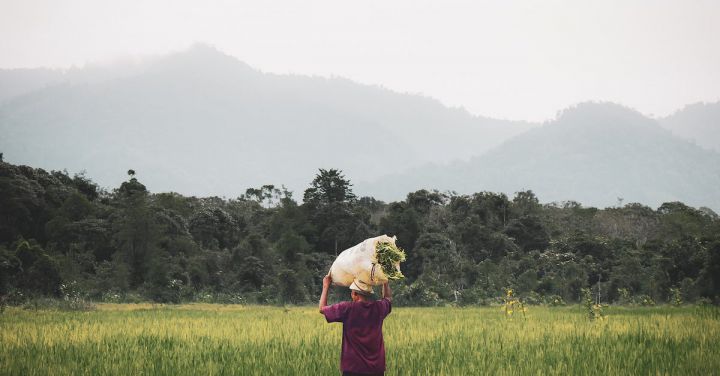How to Participate in Eco Village Workshops?

Are you interested in learning more about sustainable living and eco-friendly practices? Eco village workshops provide the perfect opportunity to gain hands-on experience and knowledge in these areas. Whether you are a beginner or have some prior experience, participating in these workshops can be a transformative and enriching experience. In this article, we will guide you through the steps to participate in eco village workshops and make the most out of your experience.
Find a Suitable Workshop
The first step is to find a suitable eco village workshop that aligns with your interests and goals. There are various workshops available, focusing on different aspects of sustainable living such as organic farming, permaculture, renewable energy, and natural building techniques. Conduct thorough research to find workshops that offer the topics you are most interested in. Look for reviews and recommendations from previous participants to ensure the quality and credibility of the workshop.
Plan Logistics
Once you have selected a workshop, it’s time to plan the logistics. Consider factors such as the workshop location, duration, and cost. Some workshops may be held in remote areas, requiring additional travel arrangements. Calculate the expenses involved, including workshop fees, accommodation, and meals. Make sure to budget accordingly and plan for any additional costs that may arise. It’s also advisable to check if the workshop provides any required materials or tools or if you need to bring your own.
Register and Prepare
After finalizing your workshop choice, register yourself as soon as possible. Eco village workshops often have limited spots, so early registration ensures you secure a place. Once registered, make sure to gather all the necessary information provided by the organizers. This may include a list of required items, recommended clothing, and any pre-workshop preparations. It’s essential to familiarize yourself with the workshop’s agenda and objectives to maximize your learning experience.
Pack Thoughtfully
When packing for the workshop, it’s crucial to pack thoughtfully. Consider the nature of the workshop and the activities involved. Pack comfortable and durable clothing suitable for outdoor work. Depending on the location and climate, you may need to bring appropriate gear such as rain jackets, hats, or sturdy shoes. Don’t forget to pack essentials such as toiletries, sunscreen, and insect repellent. It’s also advisable to bring a notebook and pen to take notes during the workshop.
Active Participation
During the workshop, actively engage in the activities and discussions. Ask questions, seek clarification, and share your own insights and experiences. Participate in hands-on tasks and projects to gain practical experience. Collaborate with fellow participants and learn from their perspectives. Remember, the workshop is not only about gaining knowledge but also about building connections and fostering a sense of community.
Reflect and Apply
After the workshop concludes, take some time to reflect on your experience and the knowledge gained. Consider how you can apply what you learned in your own life and community. Reflect on any changes you would like to make and set goals to incorporate sustainable practices. Stay connected with the workshop community through online platforms or newsletters to continue learning and exchanging ideas.
In conclusion, participating in eco village workshops can be a transformative and educational experience. By finding a suitable workshop, planning logistics, preparing thoughtfully, actively participating, and reflecting on your experience, you can make the most out of your workshop journey. Embrace the opportunity to learn, connect, and contribute towards a more sustainable future.